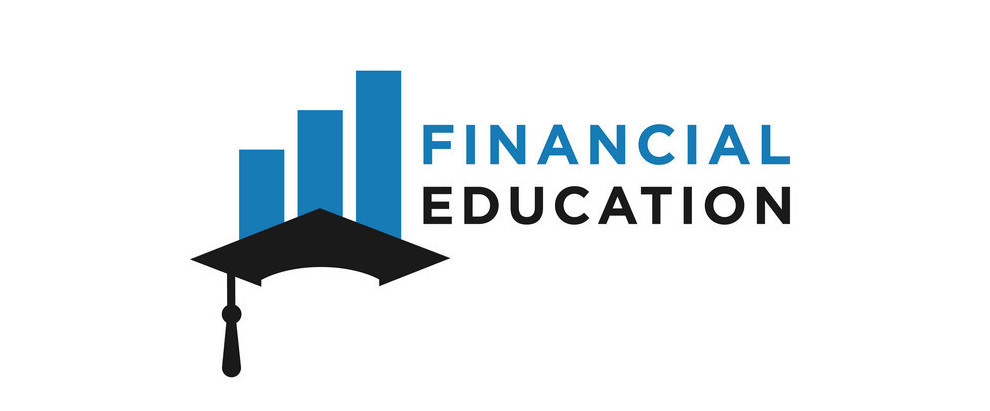Intro
The world of finance is constantly evolving and it can be challenging to keep up with the latest terms and concepts. Whether you are a seasoned professional or just starting out, having a strong understanding of basic financial terminology is essential to success in the industry. In this article, we will explore key financial terms that every professional should know. From the basics of lending and borrowing, to the emerging world of decentralized finance, this guide will provide a comprehensive overview of the financial terms you need to be familiar with. Whether you are working in banking, investments, or another related field like De-fi, this article is an invaluable resource for anyone looking to enhance their financial literacy and build their professional network.
Financial terminology you should know
Stock: A type of security that represents ownership in a corporation.
Bond: A debt security that obligates the issuer to pay periodic interest and repay the principal upon maturity.
Mutual Fund: An investment vehicle that pools money from multiple investors to purchase a diversified portfolio of stocks, bonds, or other securities.
Exchange-Traded Fund (ETF): A type of mutual fund that is traded on stock exchanges, similar to individual stocks.
Initial Public Offering (IPO): The first sale of stock by a company to the public.
Commodity: A raw material or primary agricultural product that can be bought and sold, such as gold or oil.
Futures Contract: An agreement to buy or sell a specific commodity or financial instrument at a predetermined price on a future date.
Options Contract: A financial contract that gives the holder the right, but not the obligation, to buy or sell an underlying asset at a specified price.
Checking Account: A type of bank account that allows for easy access to funds through checks or a debit card.
Savings Account: A type of bank account that earns interest and is intended for long-term savings.
Certificate of Deposit (CD): A type of savings account that offers a higher interest rate in exchange for the depositor agreeing to keep their funds in the account for a specified term.
Loan: A sum of money that is borrowed and must be repaid with interest.
Interest: The cost of borrowing money or the amount earned on a deposit.
Principal: The amount of money borrowed or the initial amount invested, not including interest.
Credit Score: A numerical representation of an individual’s creditworthiness, based on their credit history.
Credit Report: A record of an individual’s credit history, including information about their debts, payment history, and credit inquiries.
Debit Card: A payment card that deducts money directly from a checking account to pay for a purchase.
ATM: An automated teller machine that allows customers to withdraw cash, make deposits, or perform other transactions.
Online Banking: A service that allows customers to access their bank accounts and perform transactions through the internet.
Mobile Banking: A service that allows customers to access their bank accounts and perform transactions through a smartphone app.
Defi terminology you should understand
Lending: The act of providing money to someone, usually with the expectation of receiving interest and the repayment of the principal.
Borrowing: The act of obtaining money from someone, usually with the expectation of repaying the loan, including interest, at a future date.
Decentralized Finance (DeFi): A financial system built on blockchain technology that operates without intermediaries, such as banks, and allows for peer-to-peer transactions.
Smart Contracts: Self-executing contracts with the terms of the agreement directly written into code, enabling automatic execution without the need for intermediaries.
Stablecoins: Cryptocurrencies designed to maintain stable value, often pegged to a stable asset such as the US dollar.
Liquidity: The degree to which an asset or security can be bought or sold in the market without affecting the price.
Yield: The return on an investment, usually expressed as an annual percentage rate.
Tokenization: The process of converting assets, such as real estate or artwork, into digital tokens, allowing for fractional ownership and more efficient transfer of ownership.
Margin Trading: The practice of borrowing money from a broker to buy securities, increasing the potential for profit but also increasing risk.
Leverage: The use of borrowed money to increase the potential return of an investment.
KYC (Know Your Customer): A process used by financial institutions to verify the identity of their clients and prevent financial crimes such as money laundering.
AML (Anti-Money Laundering): A set of laws, regulations, and procedures aimed at preventing, detecting, and reporting money laundering and other financial crimes.
CEX (Centralized Exchange): A cryptocurrency exchange that operates through a central authority and requires users to deposit their assets into the exchange’s custody.
DEX (Decentralized Exchange): A cryptocurrency exchange that operates on a blockchain and allows for peer-to-peer trading without the need for a central authority.
Non-Custodial: A type of DeFi application or service where users retain control of their assets, rather than having to deposit them with a central authority.
Farming: The practice of depositing funds into a DeFi protocol to earn interest or rewards.
Liquidity Pool: A pool of funds in a DeFi protocol that provides liquidity to traders, earning rewards for the providers of the liquidity.
Atomic Swaps: A type of DeFi trade that allows for the exchange of one cryptocurrency for another without the need for intermediaries.
Wrapped Tokens: Tokens that represent another asset, such as a cryptocurrency or stablecoin, allowing for the transfer of that asset on different blockchain networks.
NFT (Non-Fungible Token): A unique digital asset that represents ownership of a unique item, such as a piece of artwork or collectible.
Conclusion
In conclusion, understanding these financial terms is a crucial step in making informed decisions about your finances and investments. Whether you’re new to the world of finance or just looking to brush up on your knowledge, this list provides a comprehensive overview of some of the most commonly used terms.
